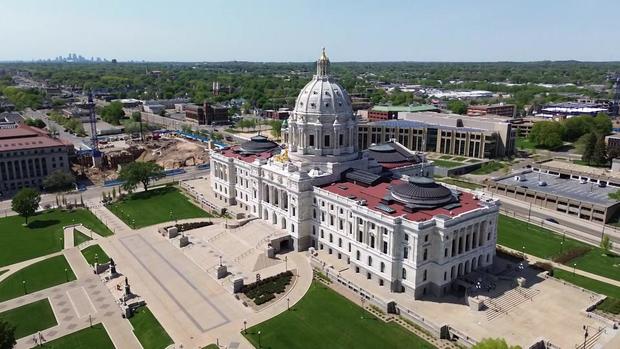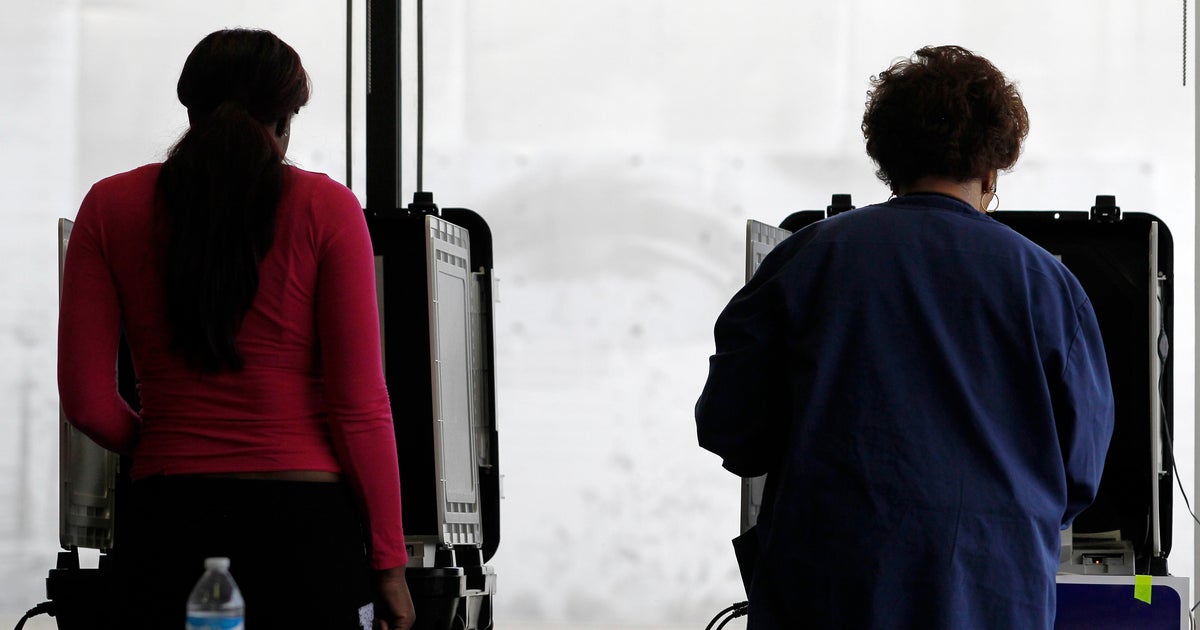Minnesota lawmakers debate changes to paid family and medical leave bill
ST. PAUL, Minn. — There are now just four days left in the 2024 Minnesota legislative session, and lawmakers still have much work to get done.
Both chambers debated until early Thursday morning with the House making some progress regarding changes to the paid family and medical leave bill that passed last year.
The update aims to clarify how the benefits will roll out and to ensure it will start by 2026.
The program allows Minnesota workers to take up to 12 weeks of paid family leave and 12 weeks of paid medical leave capped at 20 weeks a year.
The new law establishes eligibility requirements, an application process, benefit amounts, premiums paid by employers and employees and an opportunity for employers to opt out with their own private plans.
It also includes lower premiums for small employers and a formula for future premium rates based on benefits paid out.
Some Republicans say the process is moving too fast, and they unsuccessfully tried overnight to delay the program's rollout.
"We're not arguing whether or not we shouldn't or should be doing it. All we're saying is let's give ourselves some time so that if we're going to do this we're going to do this right," said Rep. Spencer Igo, R-Itasca.
"Members, save face," said Rep. Peggy Scott, R-Anoka. "Don't fire this Scud missile. It's going to miss its target."
The vote on the bill ended in some controversy as some Republican lawmakers still wanted to continue debating. In the meantime, House Republicans will give a session update on Thursday. They're frustrated and claim the DFL is cutting off debate on bills and aren't willing to listen to the other side of the aisle. They will hold a press conference on the matter at 11 a.m.
The House unanimously approved new measures to help Minnesotans as they age, live with disabilities or recover from addiction. The Human Services Policy Conference Committee report includes increased transparency for nursing homes and modernizing laws for the Deaf and Hard of Hearing.
The legislation also changes medication requirements at sober homes.








